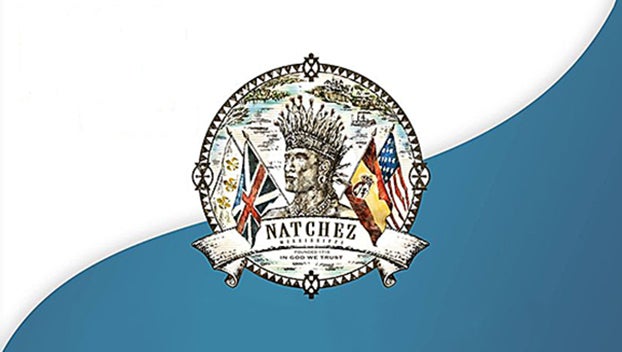Forget football; now is time to think about taxes
Published 12:16 am Sunday, September 25, 2011
It’s that time of year again! No, no, not football, tax planning time! Although your 2011 personal taxes aren’t due until April 16, 2012, now is the time to get organized and determine if additional tax strategies may help you minimize your tax liability.
Your first goal should be to get organized. This will not only help relieve some stress come tax filing time, but will also help give you an estimate of what your tax liability may be and how you can possibly reduce it. Individuals should keep up with records pertaining to their personal tax returns for a minimum of three years. They should also organize all supporting documentation for tax credits and itemized deductions, as well as any other documents that may have an impact on their federal and state tax returns.
Most people assume if they are getting a big refund check they have found a way to beat Uncle Sam. Unfortunately they haven’t actually beaten Uncle Sam, they have given the government an interest free loan. If you’re able to take advantage of many of the tax credits and deductions available, you may need to look into adjusting your tax withholding.
Another area where individuals may employ some tax strategies relate to capital gains and losses. Short-term capital gains and losses apply when the asset has been held for less than 12 months. Long-term capital gains and losses apply when the asset has been held for greater than 12 months. Capital losses offset capital gains dollar for dollar. The limit on net capital loss for an individual is $3,000, but any loss greater than $3,000 can be carried-forward until the taxpayer is able to use them. If a taxpayer has capital losses carried-over from when the market dropped back in 2008, they may be able to use those losses to offset selling some securities at a gain in the current year. Because the Bush tax cuts were extended, long-term capital gain tax rates are set at between 0 percent and 15 percent for 2011. If you’re in the 10 percent or 15 percent tax bracket, long-term capital gains are taxed at 0 percent, and thus, you may want to plan for keeping your carry-over losses. However, net short-term gains are always taxed at your ordinary income tax rate. For those in a higher tax bracket than 15 percent, this strategy may help you reduce your tax liability.
Consider contributing to an individual retirement account. Individuals may contribute up to $5,000 to their IRA accounts for 2011. Individuals 50 and older by the end of 2011 qualify to make an additional $1,000 catch up contribution. An above-the-line deduction is available and can be up to the full amount of the contribution, but there are limits based on the taxpayers’ adjusted gross income.
For individuals filing married, the phase-out range is from $90,000 to $110,000. The IRA deduction is only available for traditional IRAs. And remember, IRA contributions can be made up to the tax filing deadline for the previous year.
And remember, IRA contributions can be made up to the tax filing deadline for the previous year.
If you’re a taxpayer who takes advantage of itemizing your deductions, look to maximize your total deductions. Consider increasing charitable contributions. These can be in the form of cash, property, clothing, household items, and even investments. If you didn’t pay your 2010 property taxes until 2011, look to pay your 2011 taxes before the end of the year. On the cash-basis, an individual would be able to deduct both years’ property taxes on their 2011 tax return. You can also employ this strategy with mortgage payments. Consider paying your January mortgage payment in December. The extra interest can be deducted on your 2011 tax return.
There are many other credits and deductions that may apply to specific individuals and situations as well as businesses. Use this time to find out about current year tax credits and deductions. Consider consulting a CPA for additional information on credits and deductions that may apply to you. As is always the case with such a complicated tax code, some tax strategies may be limited by your situation.
After December 31, 2011, most tax strategies can no longer be employed to help with your 2011 tax liability, and that’s why now is the time to get organized and get active towards making the filing season a little less stressful and a lot more predictable! As always, individual situations and circumstances may affect one’s tax situations. Consult with your tax advisor before making any decisions based on the above information to be sure of the actual tax ramifications.
Scott Adams is a certified public accountant at Silas Simmons in Natchez.





